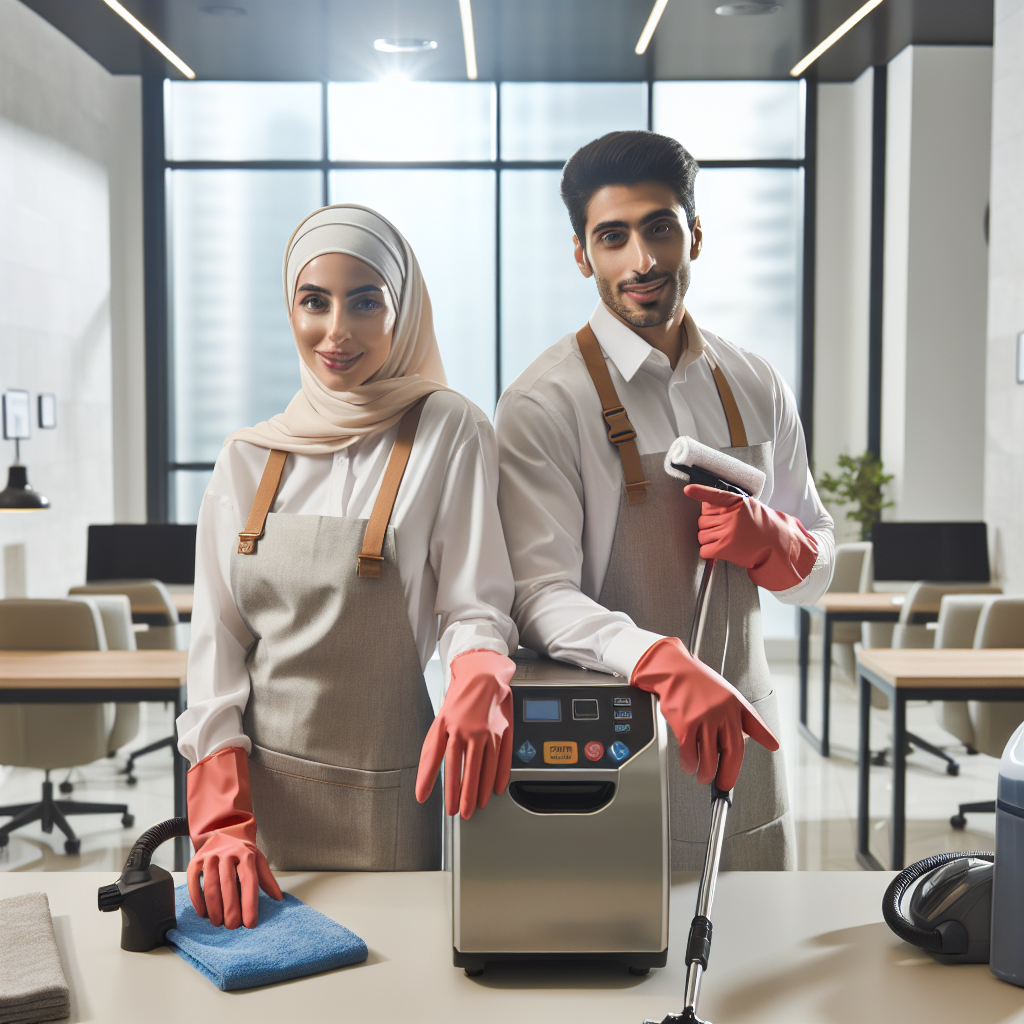As someone deeply entrenched in the cleaning industry for over four decades, I have witnessed firsthand the evolution of technology in our field. One of the most exciting advancements has been the integration of Artificial Intelligence (AI) tools in cleaning processes. Let me guide you through the transformative power of AI tools in cleaning and how they can revolutionize the way we work.
Understanding AI Tools in Cleaning
AI tools in cleaning encompass a range of technologies that leverage machine learning algorithms to automate and optimize various cleaning tasks. These tools can analyze data, learn patterns, and make decisions to enhance efficiency and productivity.
- AI-powered robots can autonomously clean floors, windows, and even sanitize surfaces, reducing manual labor and improving cleanliness.
- Machine learning algorithms can predict maintenance needs for equipment, reducing downtime and ensuring optimal performance.
- AI tools can analyze foot traffic patterns to schedule cleaning tasks efficiently, optimizing resource utilization.
Benefits of AI Tools in Cleaning
AI tools offer numerous benefits to cleaning companies, including improved operational efficiency, cost savings, and enhanced cleaning quality.
- Increased productivity: AI tools can perform repetitive tasks faster and more accurately than humans, allowing cleaning staff to focus on more complex and value-added activities.
- Enhanced safety: AI-powered robots can handle hazardous cleaning tasks, reducing the risk of injuries to cleaning personnel.
- Cost savings: By optimizing resource allocation and reducing waste, AI tools can help cleaning companies lower operational costs and improve profitability.
It's essential for cleaning companies to embrace AI tools and invest in training their staff to leverage these technologies effectively. By integrating AI tools into their operations, cleaning companies can stay ahead of the curve and deliver superior services to their clients.
Challenges and Considerations
While AI tools offer tremendous benefits, there are challenges and considerations to keep in mind when implementing them in cleaning operations.
- Data security: Cleaning companies need to ensure that sensitive data collected by AI tools is protected from cyber threats and breaches.
- Training and upskilling: Staff may require training to operate AI tools effectively and maximize their potential, emphasizing the importance of ongoing education.
- Integration with existing systems: Compatibility issues may arise when integrating AI tools with legacy systems, requiring careful planning and execution.
Embracing AI tools in cleaning is not just about adopting new technologies; it's about transforming our approach to cleaning, embracing innovation, and reimagining what's possible in our industry.



